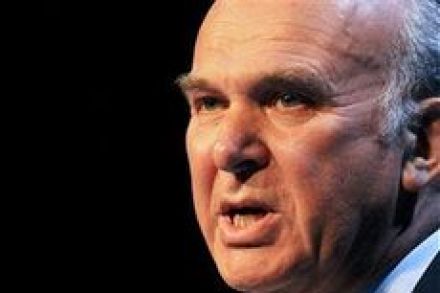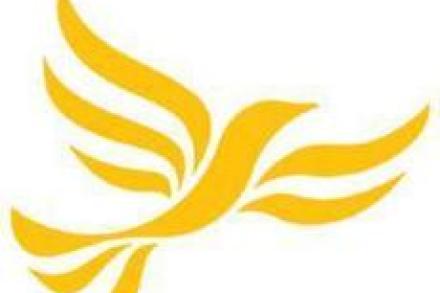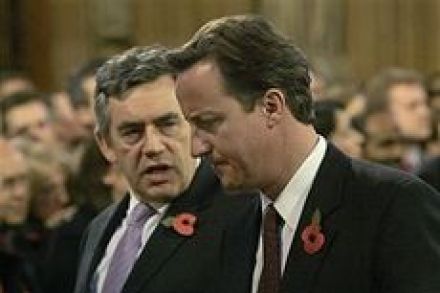Cable’s attack on the Tories does nothing for the Lib Dem’s credibility
Vince Cable’s caricature of Tory economic policy was so disingenuous that it failed to hit its target. He said: “The Tories propose cuts, carried out in secret behind closed doors after the election, if they win.” The Conservatives have pioneered the cuts debate and the other parties have followed. Although I’d like to see more detailed plans of Tory cuts, the party has been upfront about the necessity for and extent of cuts and where they might be made. Then, Cable contrasted Tory secrecy and centralisation with Liberal openness and localism: “We want an open, democratic debate about priorities. They want to control everything from Whitehall – just like Labour.



















